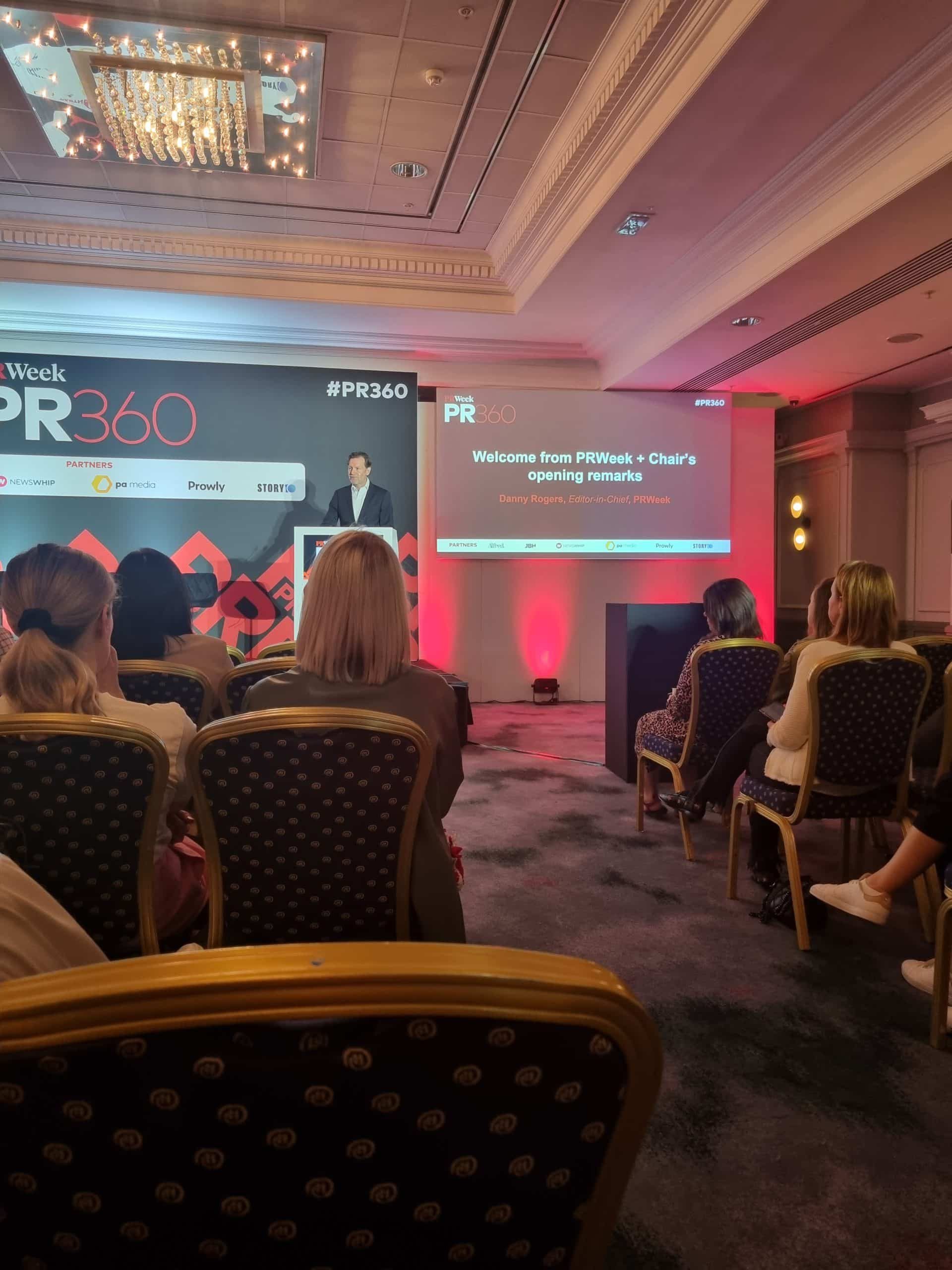
In recent years, there has sadly been a noticeable decline in the number of undergraduate PR degree courses and graduates in the UK. This trend has raised concerns among industry professionals and academics alike. I was a PR Graduate myself back in 2000 and then I was invited back to teach digital PR and social media at Leeds Beckett University to the undergrads and Masters students. However, I was prompted to write about this as Leeds Beckett closed its PR Degree earlier this year and I have seen quite a few people talking about it on Twitter. Insert examples:
#preducation report 3/5
Undergraduate public relations degrees in particular are in steep decline from 22 single honours courses 20 years ago compared to just two offered from next academic year (at London College of Communication and Ulster University).https://t.co/nu5GwAxp0q— PR Place Insights (@PR_Place) March 14, 2023
In this blog, I will try to explore the reasons behind this decline, discuss the impact on the PR labour market, and examine potential solutions to reverse this trend.
The Changing Landscape of PR Degrees
Over the past decade, there has been a significant reduction in the availability of undergraduate PR degree courses in the UK. This decline can be attributed to various factors, including changes in government policies and shifts in student preferences.
One of the key factors contributing to the decrease in PR degrees is the increase in tuition fees introduced by the coalition government in 2010. The higher fees made students more cautious about their choice of degree, leading many to opt for subjects they were more familiar with, such as business, marketing, or journalism. PR, being a relatively niche field, became a riskier option for prospective students which I personally feel is a bit bonkers because I felt it helped me get my first position at Harvard PR because I had 18months full-time experience.0
The lack of awareness about public relations among school students has also played a role in the decline of PR degrees. Many potential students did not fully understand what PR entailed, and this lack of awareness became more problematic when they had to make financial commitments to pursue their studies.
The Importance of Context and Breadth in PR Education
While some argue that PR is better suited for postgraduate degrees, there is still a need for undergraduate programs that provide a broad understanding of the field within its wider context. PR cannot be taught in isolation; it must be integrated with other disciplines such as business, media, politics, and psychology. This approach allows students to develop a comprehensive understanding of PR’s role and its impact on various sectors.
By offering a broader, integrated first year of study, universities can provide students with a solid foundation in PR and its related disciplines. This approach allows students to make informed decisions about their specialization, ensuring both depth and breadth in their education.
The Role of Professional Bodies and Academic Institutions
Professional bodies like the Chartered Institute of Public Relations (CIPR) and the Public Relations and Communications Association (PRCA) play a crucial role in promoting PR education and attracting new talent to the industry. However, the decline in PR degrees raises questions about the relevance and appeal of joining these professional bodies.
To address this issue, professional bodies have developed initiatives to showcase the benefits of a career in PR to school-aged students. To give an example of this the CIPR and PRCA collaborated on a guide to Careers in Public Relations, aiming to raise awareness and generate interest in the field. Additionally, apprenticeships have been promoted as an alternative route for school leavers interested in pursuing a career in PR and I really feel this is a great route for young people to get into the industry. We have had a PR apprentice go through the PRCA scheme at Prohibition.
The Future of PR Degrees
Although the decline in PR degrees is concerning, it is important to note that not all aspects of PR education are in decline. Professional qualifications and postgraduate degrees in PR continue to attract students, particularly from international backgrounds. However, this reliance on international students for enrolment poses potential risks if there are changes in visa regulations or restrictions and let’s be honest we don’t have a clue what our Government are going to do one week to the next with visas following Brexit.
To secure the future of PR degrees, universities can consider repositioning their academic programs in collaboration with professional associations. This closer alignment can ensure that PR education remains relevant and responsive to industry needs.
Universities can explore innovative approaches to cater to the diverse needs of students. Alongside one-year MA programs tailored for international students, universities can offer two-year part-time MA or MSc programs to appeal to home students seeking a balance between study and other responsibilities.
The Impact on the Public Relations Profession
The decline in PR degrees raises questions about the future of the public relations profession. While some employers may not be concerned about the absence of PR graduates and are open to hiring graduates from various disciplines, others have expressed their disappointment in the diminishing number of PR students.
The loss of PR degrees may also have implications for academic publishing and research. With fewer students enrolled in PR courses, universities may face challenges in funding professorships and readerships, which could impact the availability of academic resources and the development of PR scholarship.
Chris’ Conclusion
The decline of PR degrees in the UK has sparked discussions about the future of PR education and its impact on the profession. Changes in government policies, lack of awareness among school students, and shifting student preferences have contributed to this decline. However, there are opportunities to reverse this trend by reevaluating PR programs, strengthening partnerships between academic institutions and professional bodies, and adapting to the changing needs of students.
While the decline of PR degrees is concerning and very sad, it is important to recognize that the public relations profession itself is resilient and continues to attract talent through alternative pathways such as professional qualifications and postgraduate degrees. By addressing the challenges and embracing innovation, the PR industry can ensure a bright future for PR education and the profession as a whole. However, that doesn’t stop me from being sad about a degree that had 200 people on it during the years that I was studying it.



